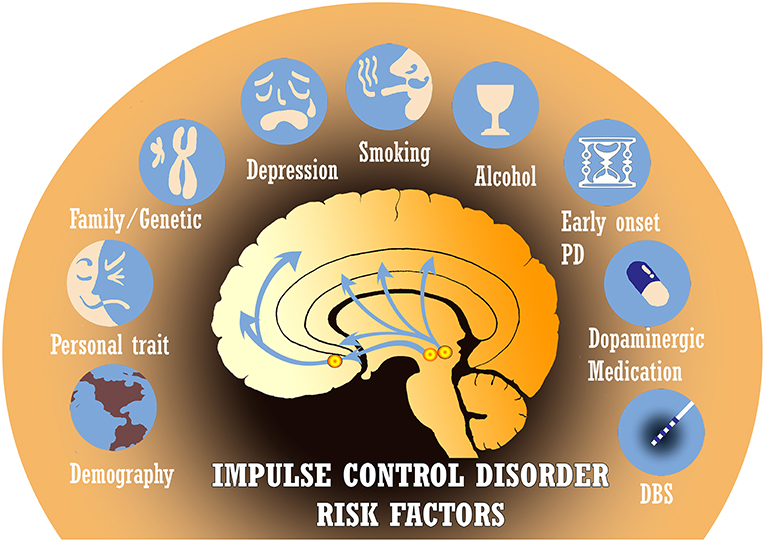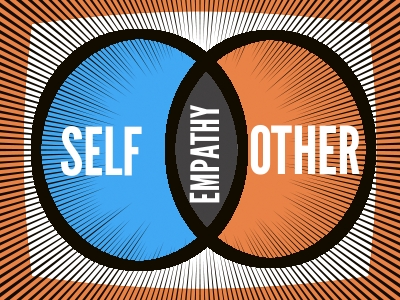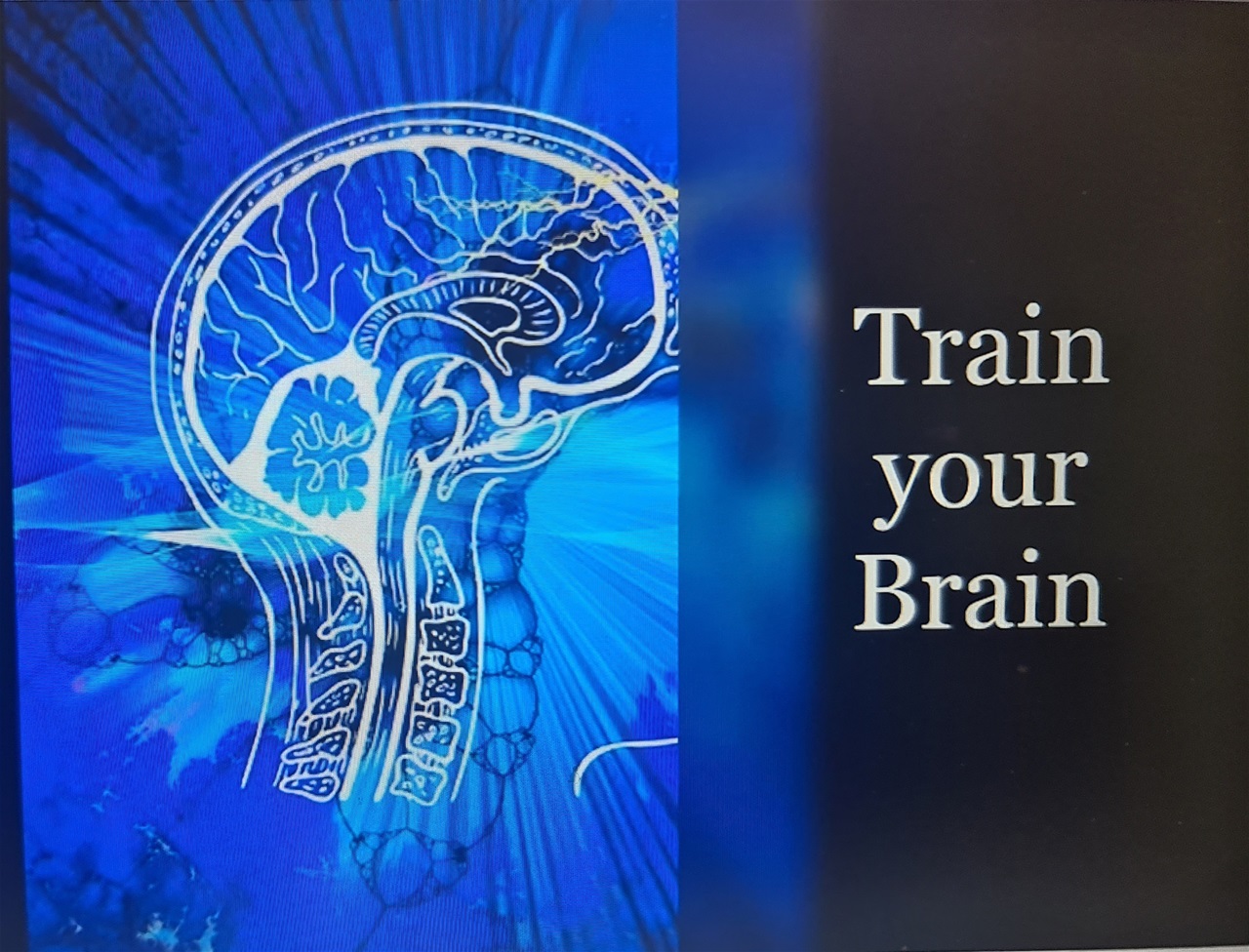
Impulse Control Disorders
Having a sudden urge or desire to do something is a characteristic shared by most individuals. However, those with impulse control disorders find it exceedingly difficult or impossible to control their impulses or wants. These impulse control issues can significantly effect an individual's quality of life, but they are treatable.
Types of Disorders
Five formal disorders are recognized by the Diagnostic and Statistical Manual of Mental Disorders (DSM-5) as falling under the criteria of an impulse control disorder.
Oppositional defiant disorder
Frequently, oppositional defiant disorder (ODD) is a childhood behavioural disorder. It is difficult for anyone with this disorder to manage their emotions or conduct. This condition affects between 2 and 11 percent of children in the United States, and it is more prevalent in males than in females. People with ODD typically develop symptoms between the ages of 5 and 10, which may diminish with age.
Intermittent explosive disorder.
Intermittent explosive disorder (IED) is typically diagnosed in late childhood or adolescence. This disease is characterized by brief outbursts of wrath and aggression that appear disproportionate to the stimulus. The cause may not be apparent to anyone other than the individual carrying the IED. Examples of IED symptoms include
- Feelings
agitated easily.
- Being frequently well-mannered outside of explosive verbal or physical outbursts can result in injury or property destruction
Behavioral Disorder
Trusted Source. Conduct disorder (CD) is an impulsive control condition that often develops in infancy or adolescence. This condition is characterized by rebelliousness, disobedience, and aggression. This condition affects between 2 and 10 percent of children and adolescents in the United States, with males being more susceptible than females. The prevalence of attention deficit hyperactivity disorder (ADHD), mood disorders, and developmental disorders is also increased in those with this illness. Among the symptoms and signs of CD are:
- Destruction of property, deception of others, illegal or criminal behaviour, a manipulative or emotionless demeanor
Kleptomania
People with kleptomania are compelled to steal items that do not belong to them. The illness can manifest at any age and affects females more frequently than males. Among the signs and symptoms of kleptomania are:
- Stealing unnecessary or low-value items; having the drive to steal; frequently feeling guilty or unhappy after stealing; and experiencing feelings of relief after stealing
Pyromania
Pyromania is an uncommon condition of impulse control in which individuals become obsessed with fire and all things linked to it. As a result, they frequently feel compelled to set things ablaze. Pyromania is more prevalent in adolescents and adults, with males being more susceptible than females. There is a correlation between pyromania and mental problems and learning difficulties. The following are signs and symptoms of pyromania:
- Tension before starting a fire
- Feeling compelled to ignite fires while not being motivated by rage or vengeance
Causes
Researchers are uncertain regarding the causes of impulse control disorders. However, the data indicates that hereditary and environmental variables may enhance the risk. Frequently, children with ADHD have parents with mood issues. On the other hand, people with CD are more likely to have parents with schizophrenia, attention deficit hyperactivity disorder, antisocial personality disorder, or substance abuse. Nonetheless, it is plausible that this family structure creates an unstable environment that increases the likelihood of children acquiring an impulse control disease, as opposed to being a genetic factor.The following environmental factors can raise the risk of developing impulse control disorders:
- Come from a family with poor socioeconomic standing and
a community with high levels of violence.
- A lack of structure in the home and school, a neglectful or abusive environment, and having companions who engage in deviant or criminal behaviour are risk factors for juvenile delinquency.
Treatment
Parents and other caregivers can manage the symptoms of impulse control issues. Avoid providing positive reinforcement for impulse control disorders. Encourage children and adolescents to have an interest in assisting the community and society while avoiding physical punishment and maintaining consistency in parenting. Several types of therapy, such as parent management training, multisystem therapy, and cognitive behavioural therapy, can aid parents and children with these tactics (CBT). Some physicians may prescribe mood stabilizers, antidepressants, or other drugs to address symptoms. According to research, boot camps and immediate incarceration do not help with impulse control difficulties and even exacerbate them.
Comments (0)
Categories
Recent posts


Human Psychology & Empathy
2022/05/24
Impulse Control Disorders
2022/05/31
Aviation Industry and Mental Health
2022/04/18
